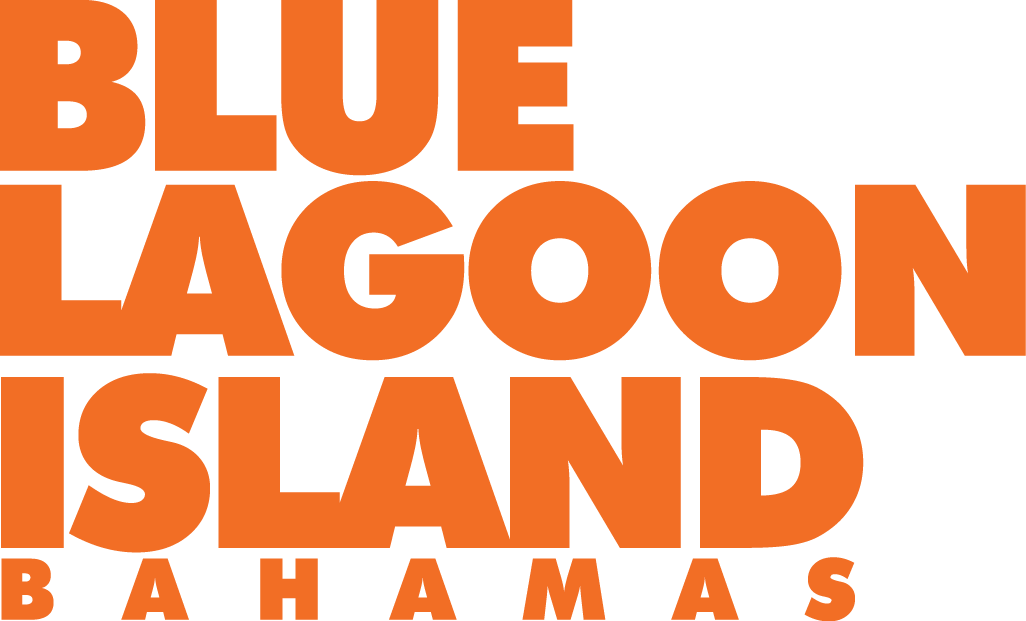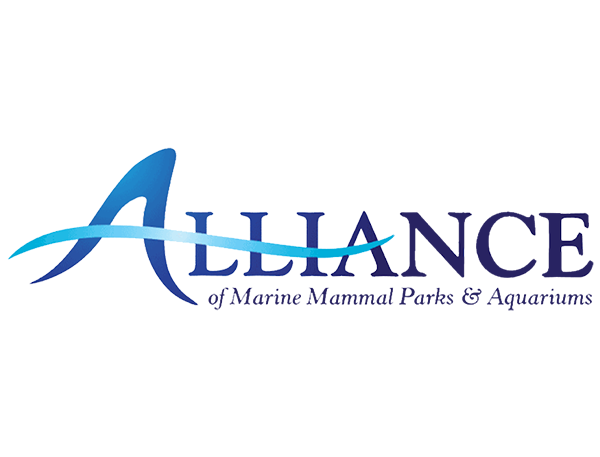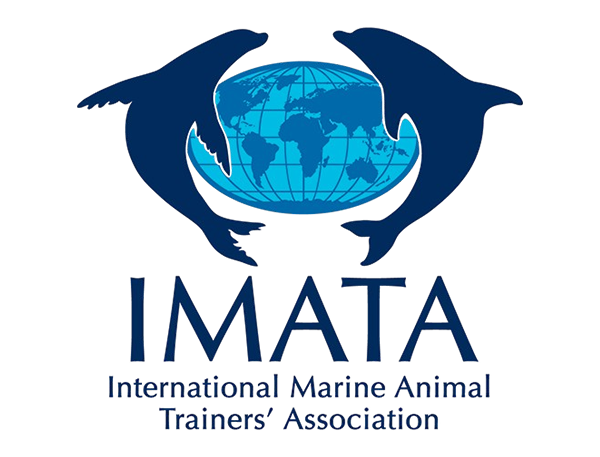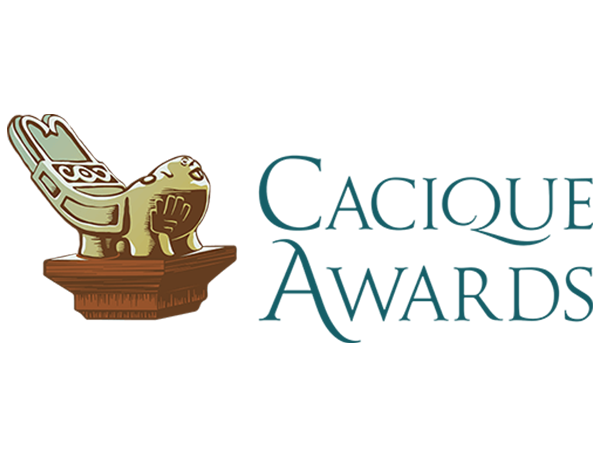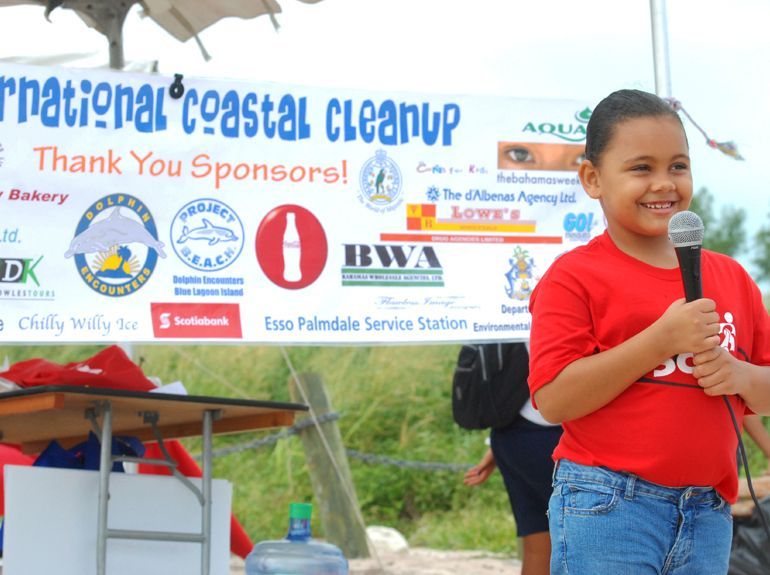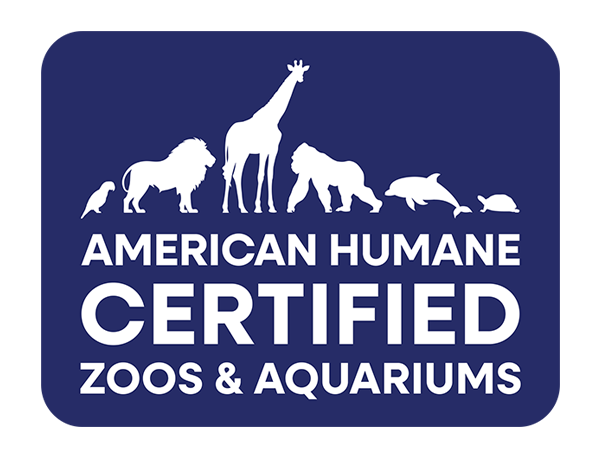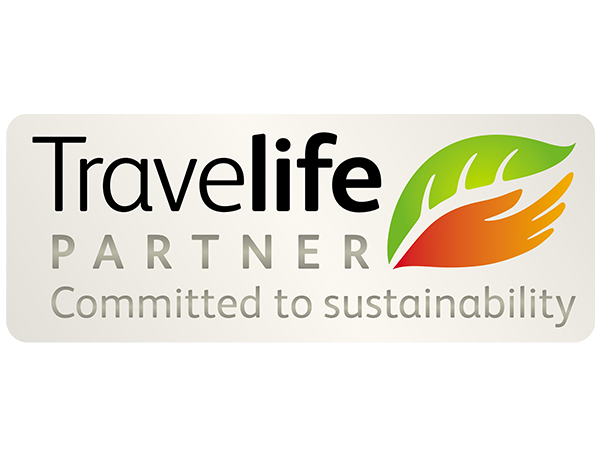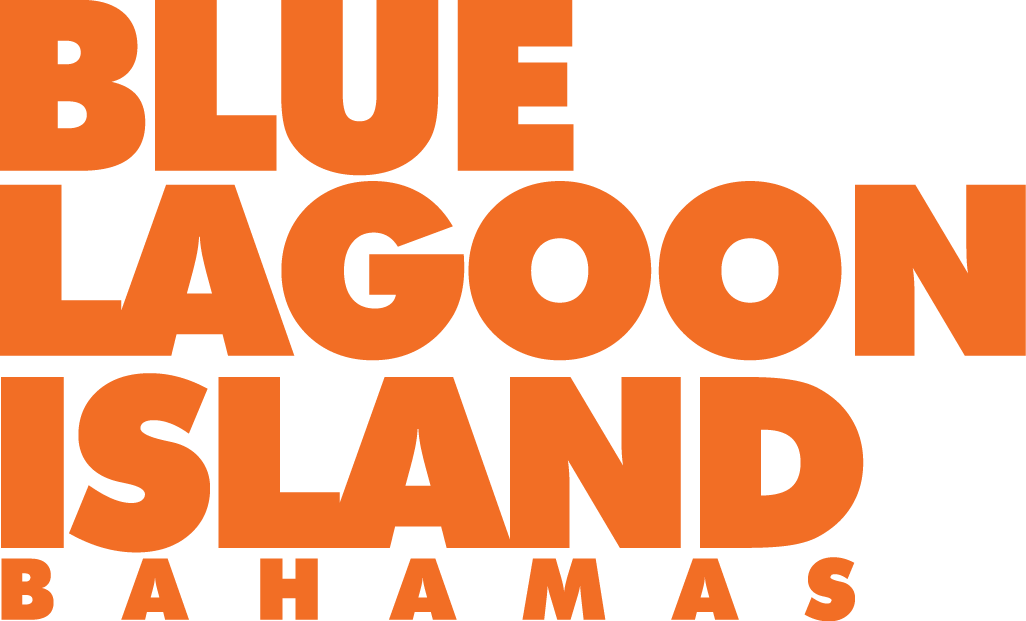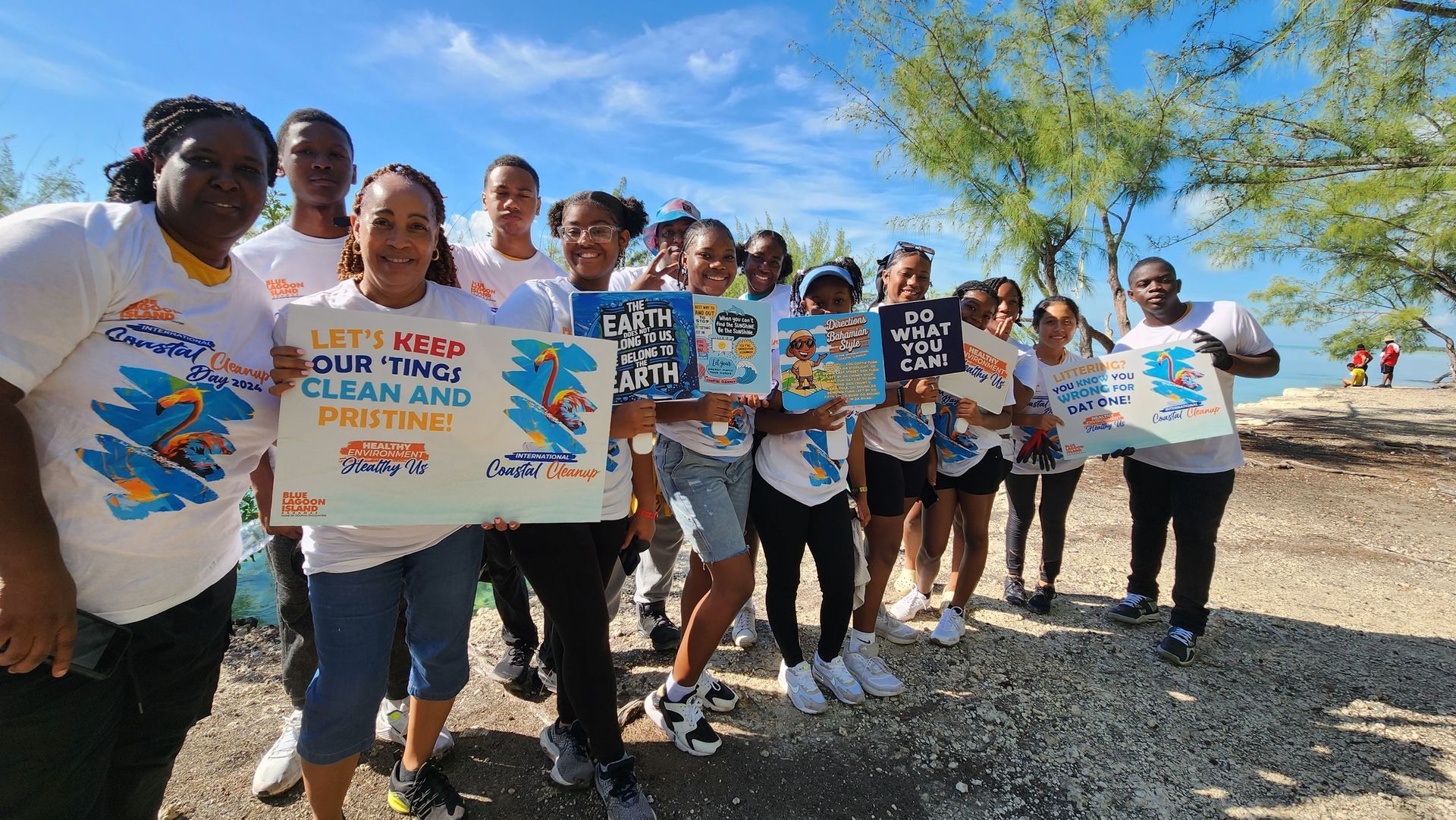
Our Commitment
Dolphin Encounters-Project BEACH (The Bahamas Education Association for Cetacean Health) is a non- profit affiliate of Dolphin Encounters located on Blue Lagoon Island in The Bahamas. Our mission is to provide unique opportunities for marine education in an informal setting for educators and children.
We instill and foster in our guests a respect and caring for marine mammals and their environment, emphasizing a strong active commitment to conservation and research which benefit our animals and their wild counterparts.
To fulfill this mission,
Project BEACH developed an array of innovative programs specifically for educators and children to inspire a greater appreciation of the ocean on which we all depend. We also aim to bridge the gap between marine education resources and schools in The Bahamas.
Our Standards
Education is an integral and important component of the overall operations of Blue Lagoon Island and one of the three primary government requirements for displaying marine mammals. Education is also a dynamic process of gaining knowledge, expanding understanding, defining meaning, and developing skills to actively use the information that has been learned.
To build that education, Blue Lagoon Island combines the building blocks of scientific knowledge, evaluation, public display, interpretation, and interactive programs to create an enthusiastic, imaginative, and intellectually stimulating environment for everyone who visits our institution.
Our facility proudly holds accreditations from the Alliance of Marine Mammal Parks & Aquariums (AMMPA) and the International Marine Animal Trainers Association, American Humane, Travel Life and is a member of the Global Sustainable Tourism Council (GSTC). We are also notably recognized for excellence with The Cacique Award of The Bahamas.
Plan of action for marine conservation
In a country of 700 islands, marine conservation is always a hot topic with the livelihood of a nation dependent on a healthy ocean. Many years ago, Blue Lagoon Island began its initiatives to practice conservation through education and action plans with the help of Ocean Conservancy. In 2005, Dolphin Encounters was honored to be selected as one of the National Coordinators for the annual International Coastal Cleanup Day in The Bahamas. Since then, we have organized thousands of children and adults to gather on littered beaches, collect trash and data, and leave those pristine places for Bahamians and tourists to safely enjoy. For over two decades, we have been focused on cleaning our marine environment and teaching the importance of preserving our marine ecosystems for future generations. We have collected over 1 million items of trash with the help of over 6,000 volunteers.
International Coastal Cleanup Day is a global initiative that brings together individuals with a shared passion for the environment. On this day, people join forces to restore shorelines, demonstrating their love and commitment to preserving the beauty of our oceans. The International Coastal Cleanup (ICC) engages volunteers worldwide to remove trash from beaches and waterways. Through this collective effort, the ICC has become a beacon of hope, inspiring action in support of our oceans. Since its inception, more than
17 million volunteers have collected over
350 million pounds of trash.
In addition to participating in every ICC, we have also participated in the #TeamSeas. #TEAMSEAS was an international collaborative fundraiser that was started by YouTubers Mr Beast and Mark Rober as a follow-up to Team Trees. The fundraiser succeeded in raising over 33 million U.S. dollars. All of the donations from the fundraiser went to the Ocean Conservancy and The Ocean Cleanup, with the organizations splitting the donations. The fundraiser pledged to remove 30,000,000 pounds (14,000,000 kg) of marine debris from the ocean by removing 1 pound (0.45 kg) of marine debris from the ocean for every 1 dollar donated.
Even in the face of overwhelming environmental problems, beach clean-ups demonstrated that kids were not powerless in the fight to stop marine debris. Marine debris is caused by people and can be stopped by people. A beach lined with volunteers armed with trash bags and eager to clean up is a positive, hopeful sight.
More to Discover
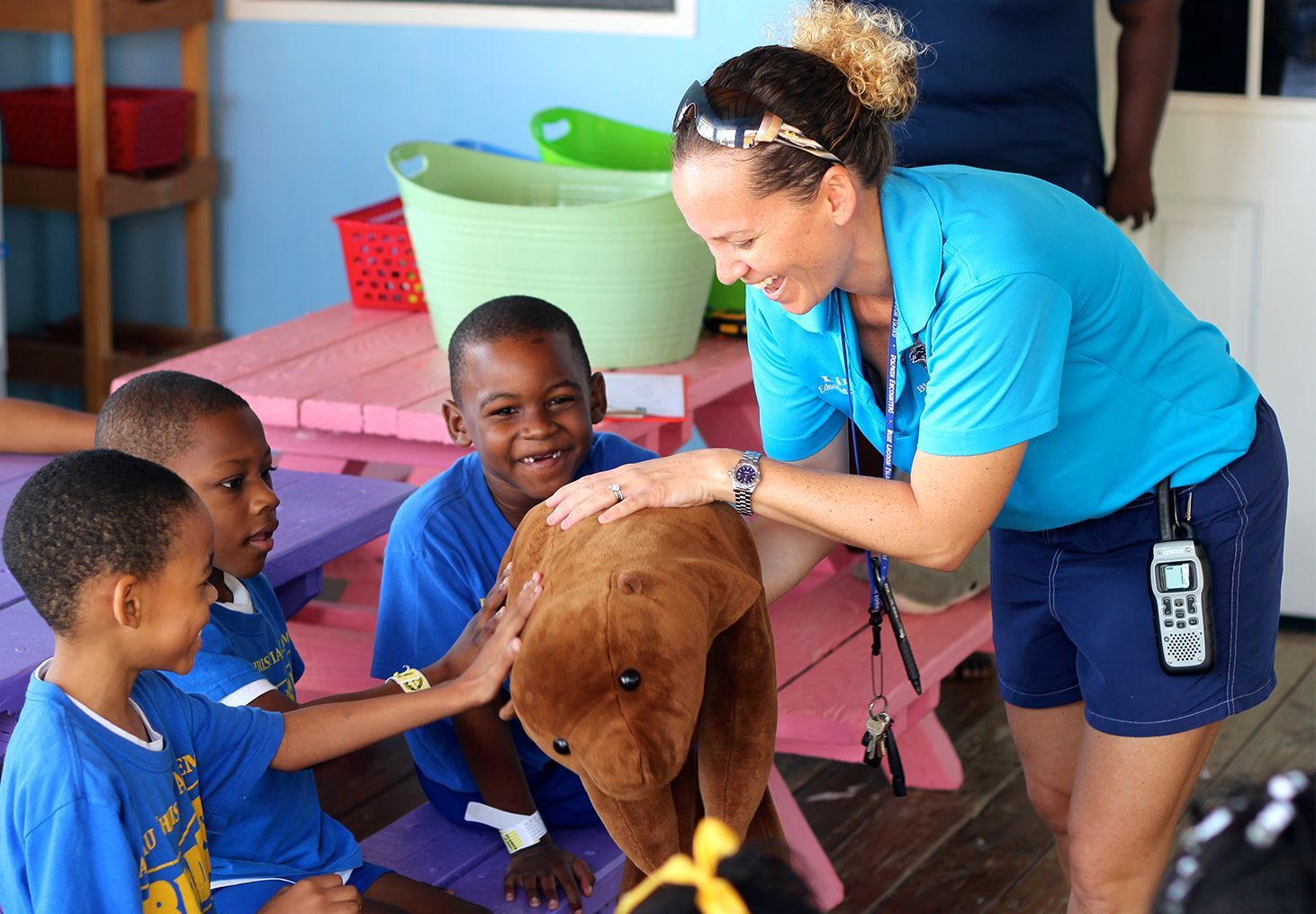
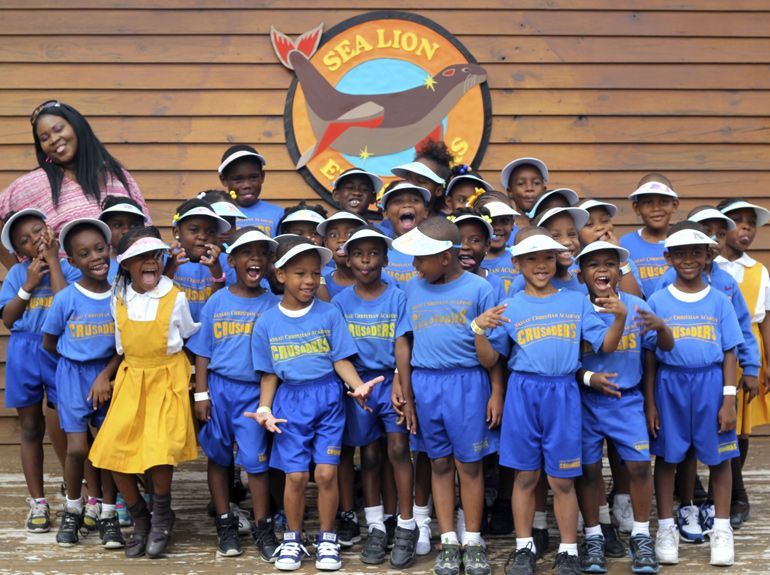
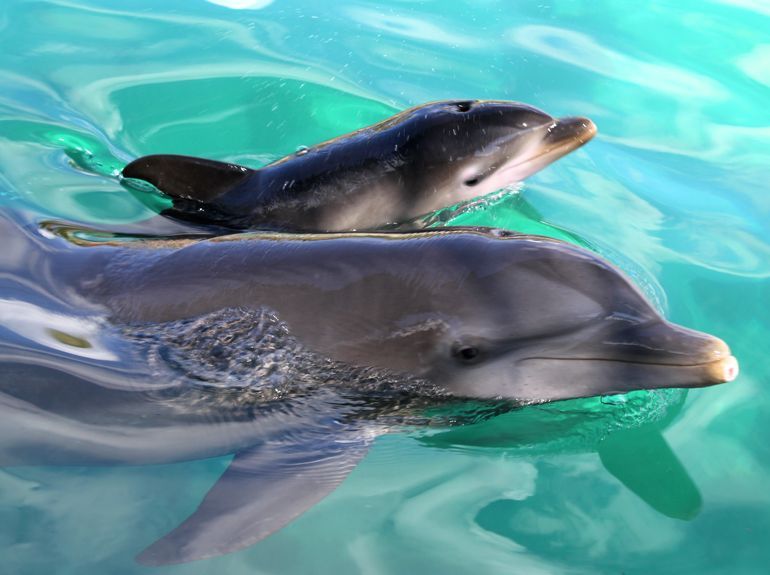
Dolphin Communication Project
Learn how research and education advance dolphin science and conservation.
